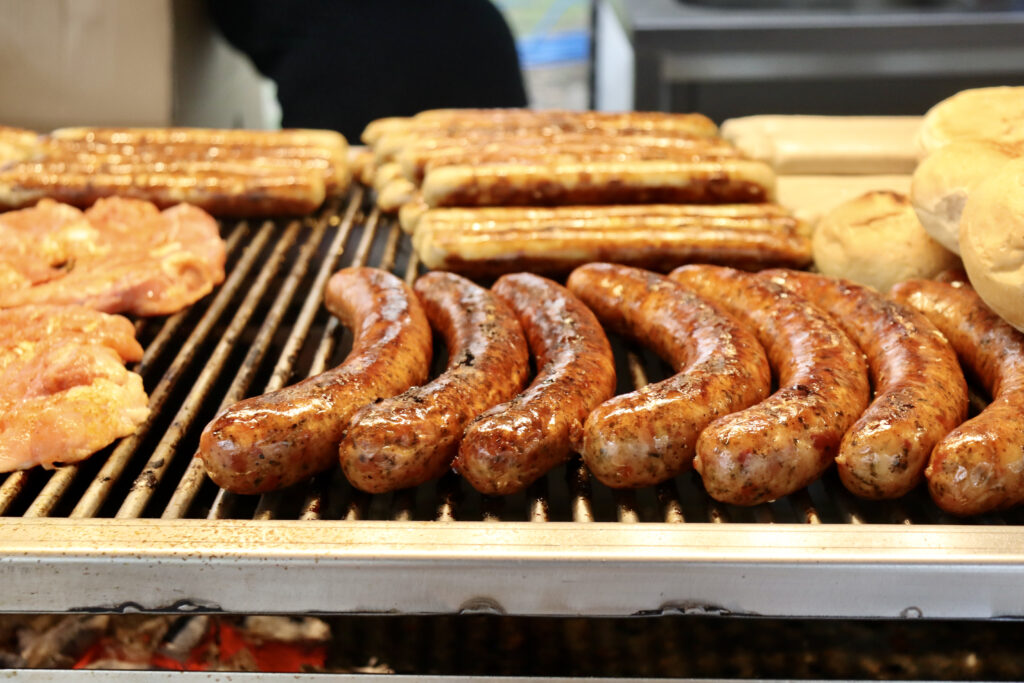In the previous Quiz 76, I explained 말음법칙 (Final Consonant Sound Rule) as follows:
“The syllables ending with ㅅ ㅆ ㅈ ㅊ ㅌ ㅎ => pronounced as if it is represented by [t], if in a stand-alone word, or followed by another consonant. And when they are followed by a vowel, however, the original phoneme retains the sound, often as in liaison in French.“
The ending sound [t] is closest to how English speakers would pronounce those consonants ending a syllable. However, the original Korean grammar that Korean kids are taught at school indicates that the representative consonant for ㅅ ㅆ ㅈ ㅊ ㅌ ㅎ is in fact “ㄷ” in Korean. Of course, Korean teachers do not explain the Korean grammar with English consonants like [t] at school. When “ㄷ” is the ending consonant of a syllable, its Korean pronunciation is more like [t], not [d] in English.
- 낮 daytime => sounds as “낟” in Korean, which is pronounced more like [nat], than [nad] in the International Phonetic Alphabet.
- 맛 taste => sounds as “맏” in Korean, which is pronounced more like [mat], than [mad] in the International Phonetic Alphabet.
- 맛있어요 It is tasty [ mas-isseoyo; liaison of the ending ㅅ with the following vowel 이(있) ]
But there is a nuance, or rather an exception to this rule. When those ending consonants are followed by “없”, which is the beginning syllable of the word meaning “without 없이, 없는” or “do not have, there is not…. 없다, 없어요, etc.,” they are pronounced as [d] or “ㄷ” (the representative consonant), rather than retaining their own original phoneme.
- 맛없어요 It doesn’t taste good [ mad-eopseoyo ]
- 멋없이 without style [ meod-eopsi ]
- 덧없는 without a meaning [ deod-eomneun ]
Please note that the ending double consonant ㅄ follows another 말음법칙: in a stand-alone word or followed by a consonant, ㅄ is pronounced as [ㅂ]; when followed by a vowel, it retains the ending sound as [ㅂ], with [ㅅ] beginning phoneme of the subsequent syllable:
- 없는 sounds as [ 업-는 => 엄는 [ 자음동화/자음접변 consonant assimilation/collision ㅂ + ㄴ => ㅁ + ㄴ ]
- 없어요 sounds as [업서요]
Level A2: “Golden” is one of the OST for Kpop Demon Hunters (2025), Netflix’s most-watched film ever. The song also made history as the first Billboard No. 1 Hot 100 hit by a female K-pop group. Although the lines are mostly English, you can still find a few Korean words, clearly articulated by Ejae, Audrey Nuna, and REI AMI. What is the Korean word marked as [Level A2] at 0:36, with a correct spelling? If you don’t know the word already, you can reverse-engineer the word using 말음법칙 as explained above.
a. 끗없시
b. 끄덥씨
c. 끛업이
d. 끝없이
e. 그덥시
Level B1: Somewhere in the song, there is also a synonym of the above Korean word. What is the Korean synonym? And what is the meaning of those two common Korean words?
Monobility® Group



